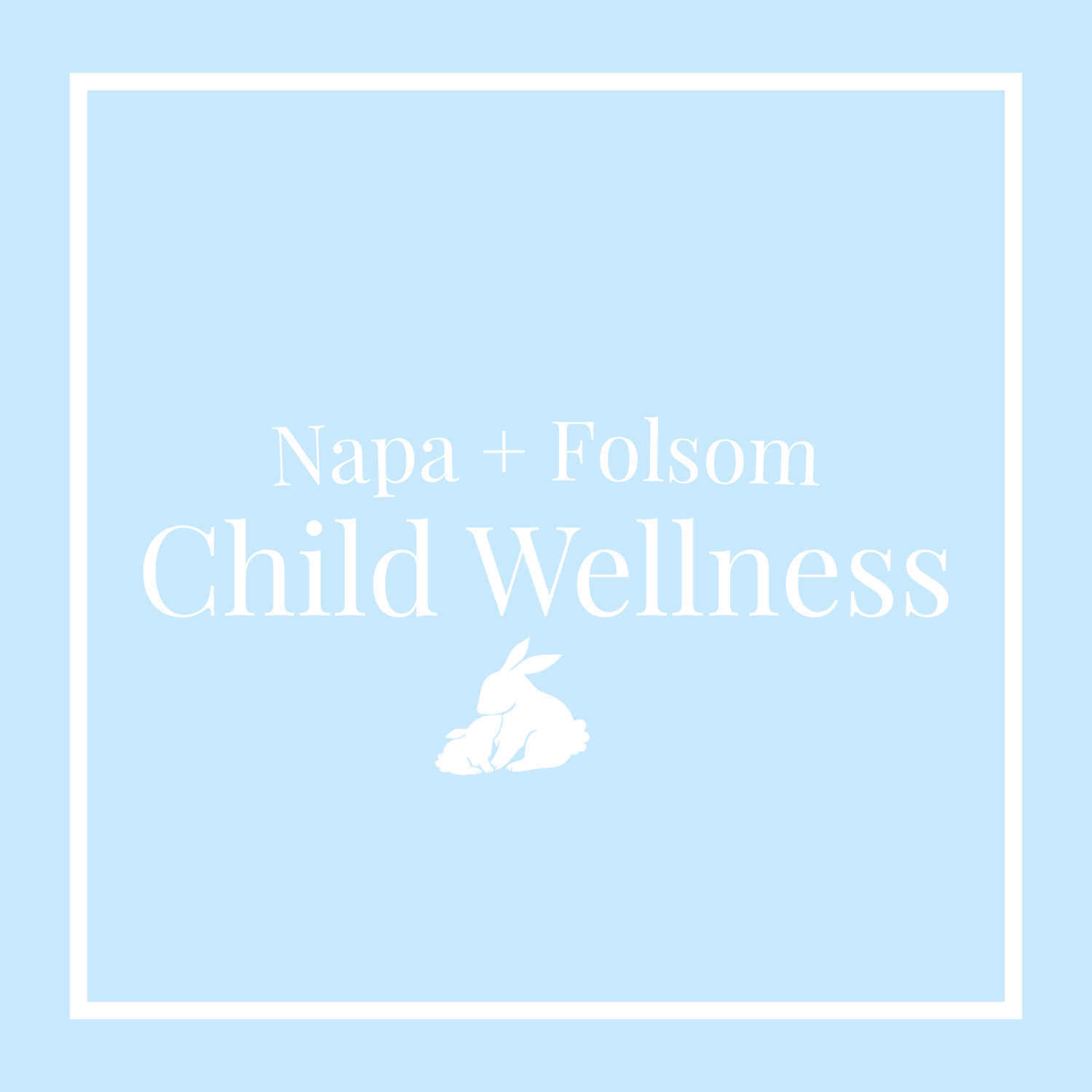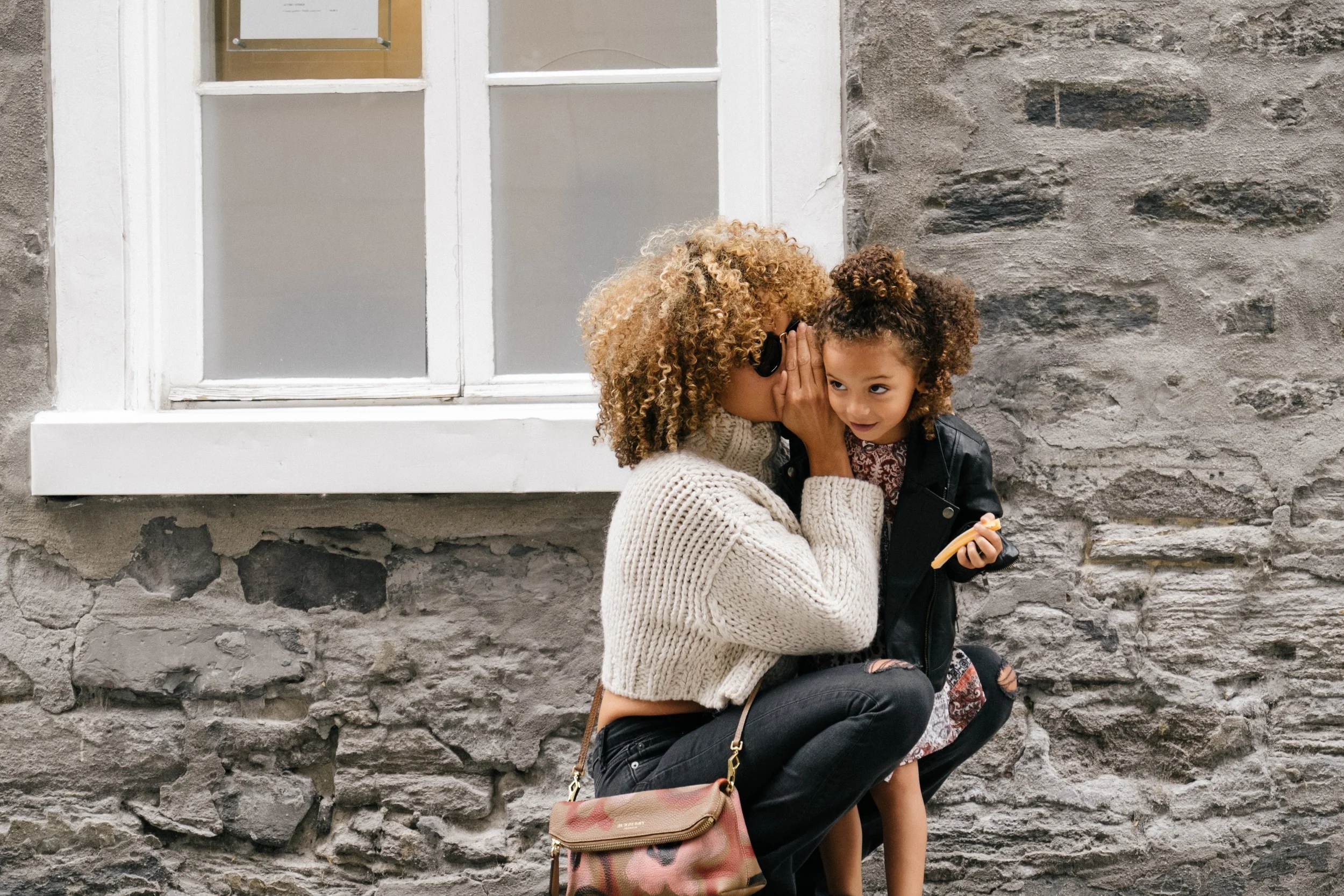5 Ways to Teach Mindfulness to Your Toddler
/Mindfullness. We hear about it all the time. It became very trendy about 15 years ago and has not lost speed. Is it now a classic? Your physician and mental health provider will say. . . yes. The medical community has been able to establish the benefits of mindfulness based treatment on a variety of physical, cognitive and mental health issues.
In my practice, I use an evidence-based treatment called Dialectical Behavioral Therapy (DBT) to work with adolescents and young adults struggling with debilitating depression and anxiety. Simply, we use mindfulness skills to cope with their symptoms in healthy ways, in order to replace more destructive habits. I often hear from parents that they wish that had known about the benefits of mindfulness sooner so they could have practiced it with their children at a younger age.
This thoughtful feedback inspired me to start incorporating mindfulness skills training with clients of all ages. It is really never too young to start and parents are pleased to find that they are already doing a lot of this every day. So if you thought I was going to tell you to roll out the baby yoga mat and buy a meditation soundtrack you may be pleasantly surprised to find how simple it is to create the foundation for a mindful person in your already busy schedule.
Here are 5 ways to start investing in mindfulness for your toddler (and your entire family) . . .
1. Stop what you are doing and say Hi. In a nutshell, mindfulness is about being in the moment. As a busy parent, your mind can get stuck in the future (with to-do lists that may extend from dinner to your child's college entrance exams) and the past (analyzing your child's sleep, food intake and changing behaviors). Let your toddler take the lead on this one because they are most definitely living in the moment. Take a few minutes to let your focus return to them. Make lots of eye contact and join them in whatever they are doing. They will happily show you how to be present. You will probably start to get distracted and return to your lists. That's okay! Notice this, let it go and keep practicing!
2. Play together everyday. You already know spending time with your child is important. Make the most of it by letting your child direct the activity, it means so much to them that you are interested in what they are! Instead of asking them a bunch of questions, which can pull them out of the present moment, describe what they are doing: "You are putting the blue blocks on the table and the red blocks on the floor." Stay away from goal-oriented play ("Why don't we do this instead" "Put this one over here") and if you can't think of anything to say, don't worry about it, they are thrilled to have you as their audience.
3. Eat together. This one can be a challenge as you may find yourself handing your toddler breakfast while you are gathering everything you need for work or serving them dinner way before you get a chance to sit down yourself. Try to make it a goal to eat at least one meal a day together. This allows you both to focus on doing one thing at a time. What is on your plates? How does it taste? Are you still hungry or getting full? Is it a favorite food or a new recipe? We know that those who sit at the table and eat without distractions have better eating habits (this is because they are eating mindfully).
4. Monitor YOUR screen time. You are cautious about your child's screen time, but what about yours? Modeled behavior is the primary way that children learn from us. We can say whatever we want but what we do is what is making the impact. Schedule time during the day where you put your devices away. Constantly checking your phone while doing another activity means you are distracted. Give yourself a break and allow yourself to focus on one thing at a time.
5. Resist the urge to judge. Yourself, your spouse, the other mom doing it a little bit differently. Being a parent is intense and it's easy to feel worried and become self-critical. Mindfulness teaches us to view the world from a nonjudgmental standpoint, and you know what we have found? People that do this feel better! They are less anxious and less prone to depressive feelings. Children internalize our ways of coping, so even if your criticism is not directed at them, it is forming the way they interpret their own thoughts and feelings and the behavior of others. When you release this burden for yourself, you are making a lighter load for your little one as well.

